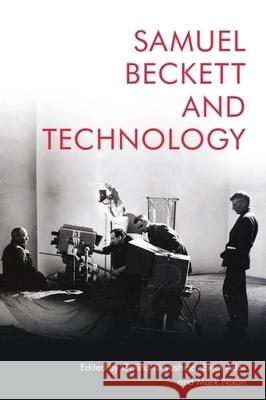Samuel Beckett and Technology » książka
topmenu
Samuel Beckett and Technology
ISBN-13: 9781474463287 / Angielski / Twarda / 2021 / 288 str.
Samuel Beckett and Technology
ISBN-13: 9781474463287 / Angielski / Twarda / 2021 / 288 str.
cena 489,77
(netto: 466,45 VAT: 5%)
Najniższa cena z 30 dni: 428,18
(netto: 466,45 VAT: 5%)
Najniższa cena z 30 dni: 428,18
Termin realizacji zamówienia:
ok. 30 dni roboczych.
ok. 30 dni roboczych.
Darmowa dostawa!
Kategorie:
Kategorie BISAC:
Wydawca:
Edinburgh University Press
Język:
Angielski
ISBN-13:
9781474463287
Rok wydania:
2021
Ilość stron:
288
Waga:
0.58 kg
Wymiary:
23.39 x 15.6 x 1.75
Oprawa:
Twarda
Wolumenów:
01











